When discussing strong female figures in the history of Palestine, one name stands out unmistakably: Leila Khaled. More than a revolutionary, she has become a global symbol of Palestinian resistance and the powerful role of women within it.
Born on April 9, 1944, in Haifa, then under British rule, Leila Khaled was just four years old when her family was forced to flee during the Nakba, the 1948 mass displacement of Palestinians following the establishment of Israel. Her family sought refuge in Lebanon, living in camps near Tyre before eventually settling in Sidon.
This early experience of exile shaped her political consciousness. At the age of 15, she joined the Arab Nationalist Movement, which later evolved into the Popular Front for the Liberation of Palestine (PFLP).
Leila Khaled gained international attention in 1969 when she participated in the hijacking of TWA Flight 840 en route from Rome to Tel Aviv. The operation, which ended without casualties, aimed to bring global attention to the Palestinian cause.
Also Read: The Forty-Four-Days of Glory: Azerbaijan’s Struggle for Justice and Peace
A year later, she attempted to hijack an El Al flight with Patrick Argüello, a Nicaraguan activist. The mission failed; Argüello was killed in a shootout, and Khaled was arrested in London. She was later released as part of a prisoner exchange.
These dramatic acts turned Leila Khaled into an icon of Palestinian resistance. Her image, a young woman in a keffiyeh, holding a rifle, became one of the most recognized symbols of the Palestinian struggle worldwide.
Leila Khaled’s actions challenged traditional gender roles and reshaped perceptions of women’s roles in armed struggle. She emphasized that the fight for Palestinian liberation is a collective struggle, not divided by gender, while also acknowledging the importance of freeing women from patriarchal oppression.
Despite the controversy surrounding her, Leila’s story continues to inspire. Western governments particularly Israel and its allies label her a terrorist. Yet for many around the world, she remains a hero of anti-colonial resistance and a powerful voice for justice.
Also Read: Palestine Solidarity Month: A Collective Movement for Al-Aqsa and Palestine’s Freedom
After her dramatic actions in 1969–1970, Leila continued her activism. She studied philosophy and politics, married a Palestinian doctor, and raised two children, while remaining deeply involved in political life. She became a member of the Palestinian National Council and has represented the Palestinian cause in countless international forums.
In recent years, she has spoken at global conferences, university campuses, and grassroots events, reaffirming her commitment to justice, self-determination, and the right of return for Palestinian refugees.
At a time when many Arab nations are normalizing relations with Israel, voices like Leila Khaled’s serve as a vital reminder of the enduring Palestinian resistance. Today’s youth carry her legacy into new arenas such as social media campaigns, human rights advocacy, and the BDS movement, while quoting her words as rallying cries for justice.
Leila Khaled is more than a historical figure. She is a living symbol of resistance, of a woman who stood unafraid, defied the odds, and reshaped the narrative. Her story continues to inspire new generations who dream of a free Palestine.
Also Read: Hassan al-Turabi: A Controversial Thinker from Sudan
She is the face of a people displaced, but never silenced. []
Mi’raj News Agency (MINA)
Also Read: Who Exactly is the RSF Group Shaking Sudan?





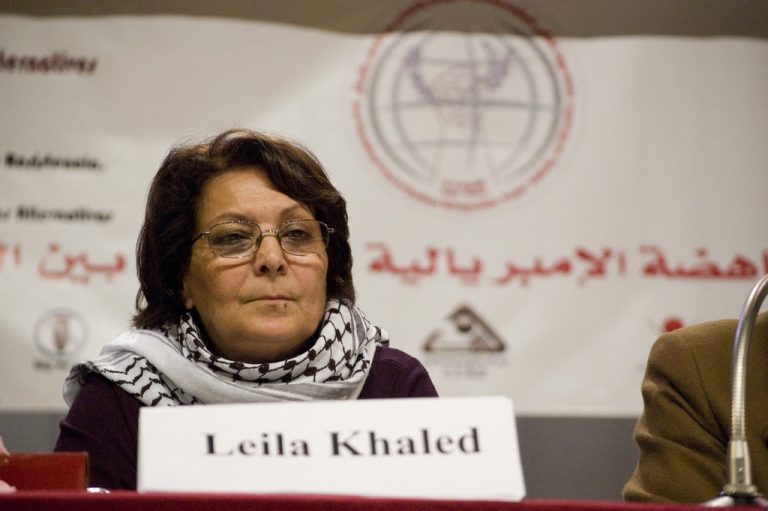

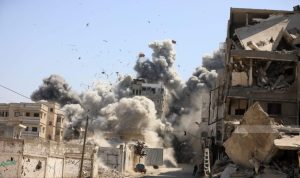

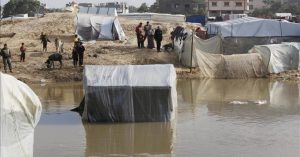
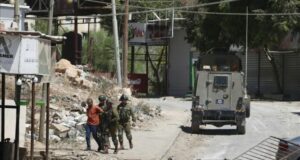
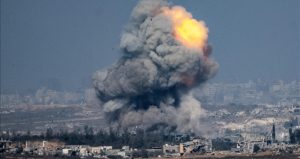



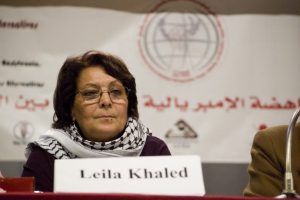










 Mina Indonesia
Mina Indonesia Mina Arabic
Mina Arabic